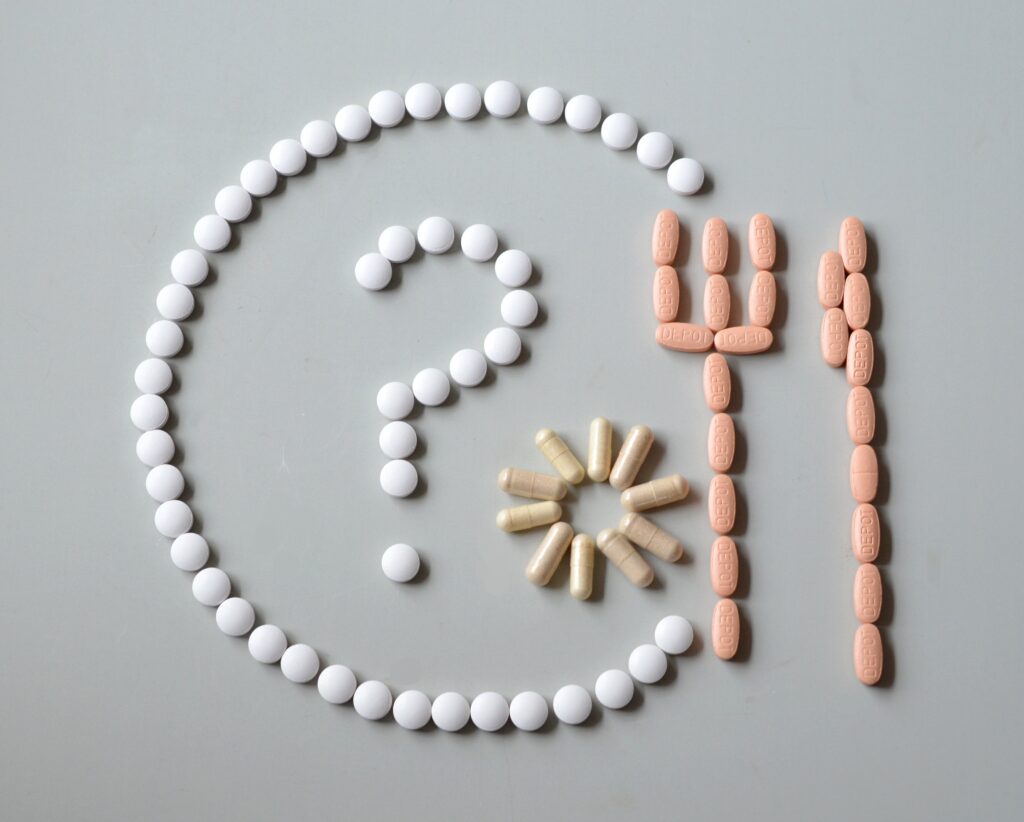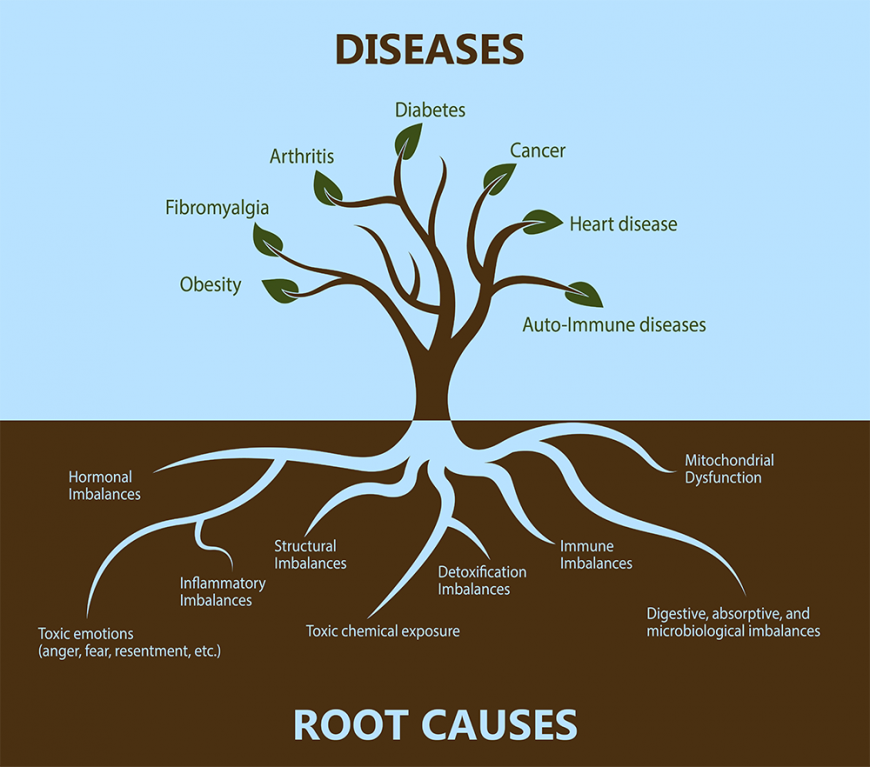5 November 2021
So what exactly is “holistic health” anyway?

I know there can be some confusion around what exactly “holistic healthcare” is with so much buzz around natural health and healing these days. I am here to help clear the confusion for you so you have a good understanding of the differences between holistic healthcare, homeopathy, integrative medicine, and conventional healthcare.
Definition of Holistic
Mirriam-Webster dictionary defines holistic as:
Relating to or concerned with wholes or with complete systems rather than with the analysis of, treatment of, or dissection into parts.”
The dictionary further explains: “Holistic medicine attempts to treat both the mind and the body.”

So, what does this mean? When you work with a holistic health practitioner, they will be working with the entire person including optimizing diet and lifestyle to get you to optimal health. This would mean looking at your habits around things like nutrition, food sensitivities, exercise, social interaction, history of toxin exposure, and even things like if you have a spiritual practice to help keep you centered and grounded.
What about medications and supplements?

Holistic healthcare approaches may not be what you are used to from conventional western medicine which is usually a pill for an ill and call it a day. That isn’t to say that there won’t be any supplements or even potentially temporary prescriptions to help you along on your healing journey.
Prescriptions and supplements are meant to give a temporary helping hand to give your body what it needs to get back to functioning as it should and heal itself. Unfortunately, western medicine doesn’t see medications as temporary fixes and uses prescriptions as a way to mask symptoms indefinitely rather than finding and treating the underlying root cause of the symptoms. This is the primary difference between Western conventional medicine and holistic healthcare.
Is Conventional Medicine Bad?

Now don’t get me wrong, there is a time and a place for western medicine. If you break a bone, are in a car accident, or have some type of serious acute health issue, western medicine is great. But when it comes to chronic health issues like autoimmune conditions, the holistic approach to finding and treating root cause will always be the better option rather than being on medication the rest of your life.
Ok, but what about Homeopathic medicines?

Homeopathy is a form of treating specific symptoms so it is similar to modern conventional medicine in that regard. The big difference is that the treatments are meant to be temporary and only use natural plant and mineral substances that aren’t synthetic chemicals made in a lab like prescription drugs. Some examples of the conditions homeopathic medicine may treat are issues like:
- Sore throats
- Ear infections
- Headaches
- Cough
Again, homeopathy uses these substances on a temporary basis like a band aid but they are not meant to be a long-term fix. You always need to get to the root of the problem if the symptoms you are experiencing don’t go away after a short-term treatment with homeopathic medicines.
What is Integrative medicine?
Integrative medicine, also known as complementary medicine, can be practiced in addition to treatments provided by a naturopathic doctor or a conventionally trained MD. Some integrative health modalities include:
- Acupuncture
- Guided imagery
- Herbal therapy
- Hypnotherapy
- Massage therapy
- Meditation
- Nutritional counseling
- Progressive relaxation
- Qigong
- Reiki/healing touch
- Tai chi
- Yoga

Doctors can focus on integrating any therapy or modality that they see fit while focusing on treating the whole body rather than just treating individual symptoms.
The Bottom Line

Holistic healthcare is focused on the goal of healing the whole person mind, body, and spirit with the goal of helping the body reach optimal health. This is done by finding the therapies, remedies, and modalities that are right for a person based on their unique situation. This will include unique approaches to diet, supplementation, exercise, and all aspects of lifestyle. There is no “cookie cutter” one size fits all solution when it comes to health. A holistic, whole body, approach to health is the only true way to clear the way for the body to do what it does best, heal.